Cortisol-friendly workouts are trending, promising to aid fat loss, fitness and focus
Top exercises for stress-busting, this way.
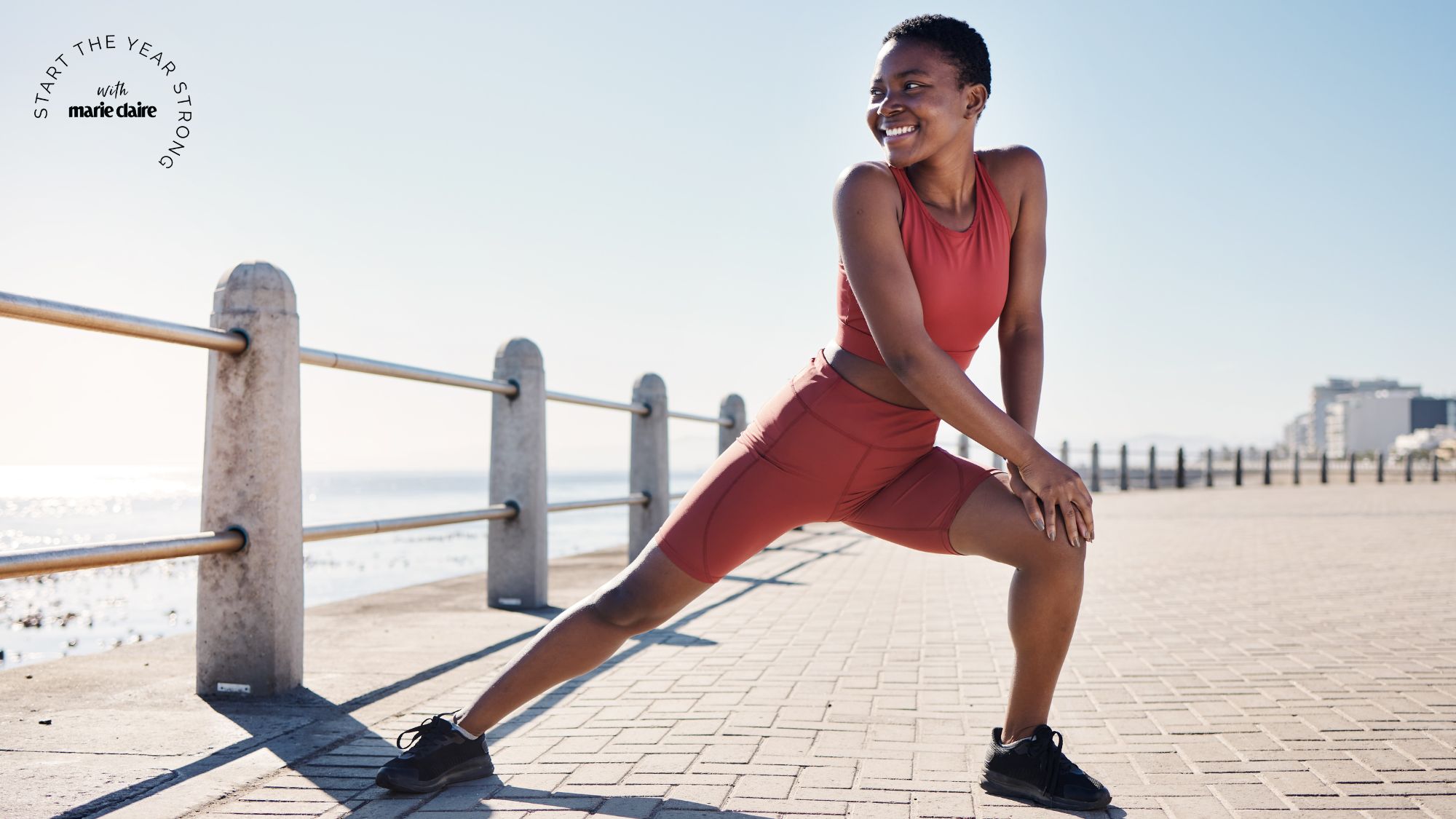

Whether it’s relationship worries, out-of-control to-do lists or a big life change - if you’re suffering from stress and looking for natural ways to kick it to the curb on the daily, allow us to introduce you to the best exercise to reduce cortisol levels.
Cortisol levels are a hot topic of conversation right now and for good reason. Along with regulating metabolism, suppressing inflammation and impacting your wake-sleep cycle, cortisol (which is more informally known as the "stress hormone") helps to regulate your body’s stress response.
Of course, a little sprinkling of stress can help some people achieve their goals, tackle challenges head-on and, in many cases, thrive. But, as one 2018 study highlights, too much cortisol can cause adverse effects including high blood pressure, fatigue and it can even impact your sleep quality. A later 2021 journal notes that excessive levels of cortisol can result in irritability and depression.
But here’s the good news: if you’re wondering how to decrease cortisol levels, you’ll be pleased to know that there are lots of implementable well-being hacks out there. Along with watching your caffeine intake, prioritising your sleep and embracing the great outdoors, exercise is another handy trick to have up your sleeve. But when it comes to cutting your cortisol levels, not all exercise is equal. In fact, some types can have the opposite effect.
Still with us? To help you find out more about cortisol, how this naturally-occurring hormone affects our brain and body and uncover the best exercises to help reduce cortisol, we spoke to personal trainers and wellbeing experts. While you’re here, you might also find our guides to the subtle signs of stress, our experts’ go-to relaxation techniques and how to relieve stress quickly pretty useful.
Best exercise to reduce cortisol: your guide
What is cortisol?
Let’s start at the beginning. Cortisol is often referred to as the "stress hormone" as it plays a pivotal role in our body's response to stress and various daily activities.
“Cortisol is a steroid hormone produced by the adrenal glands, situated atop each kidney,” personal trainer Ali Malik, founder of Fit Labs Kensington, explains.
Marie Claire Newsletter
Celebrity news, beauty, fashion advice, and fascinating features, delivered straight to your inbox!
“It's essential for various bodily functions, including regulating metabolism, regulating blood sugar spikes, and supporting the immune system. Often associated with your fight or flight response, cortisol is released in response to stress, helping the body cope with challenges," they continue.
How does it affect our brain and body?
Cortisol influences numerous physiological processes. “In your brain, it plays a role in memory formation and the regulation of mood,” Malik says. “On a broader scale, cortisol impacts metabolism, blood pressure, and the body's inflammatory response.” It can also impact your sleep-wake cycle.
“While short bursts of cortisol are normal and necessary for daily functions, chronically elevated levels can lead to health issues, including weight gain, impaired cognitive function, and a weakened immune system,” Malik adds.
Some people find they thrive under stress. But it’s well documented that chronic stress can do more harm than good. You only need to take a peek at this 2018 study which notes that too much cortisol has been shown to raise appetite as a result of false hunger signals, which can lead to weight gain. It can also increase fatigue, blood pressure, irritability, stomach issues, and lower your sleep quality and libido.
Which is why, as Malik shares: “Understanding its functions, effects on the brain and body, and how workouts can influence cortisol levels can empower us all to help optimise our fitness routines and overall well-being.”
What workouts raise cortisol levels?
Well, according to personal trainer Rhiannon Bailey and Technogym’s wellness ambassador, high-intensity and prolonged endurance exercises, such as intense cardio or extended weightlifting sessions, can lead to a temporary surge in cortisol.
So this includes anything like:
“While cortisol is a natural part of the body's stress response, excessive or prolonged elevation can have counterproductive effects on health,” Bailey explains.
And although it’s been proven that exercise can be hugely beneficial in lowering your cortisol levels — just take a look at this 2020 review — remember that more (in regards to intensity and duration) isn’t always necessarily better.
Bailey’s advice? “Scheduling a training schedule that supports your overall wellbeing can help you build longevity in your routine in an enjoyable, safe way.”
Who needs to be mindful of cortisol levels?
We all need to be conscious of rising cortisol levels. “Chronic elevation of cortisol levels can lead to adverse effects, affecting everything from mood to weight management,” Bailey shares.
But there are a few who need to be more mindful than others and this includes those who are living with polycystic ovary syndrome (PCOS), chronic stress or anxiety. As personal trainer, Nicky McBurney, says: “If you have any pre-existing conditions, it's always best to contact your GP before introducing any new form of exercise. If you have known raised cortisol levels, chronic stress or PCOS it is better to avoid exercise that will increase your stress response, e.g. HIIT until the condition is under control.”
As is the case with most things, the key is to listen to your body. “Exercise should leave you feeling rejuvenated and energised,” McBurney says. “If you’re struggling to recover and constantly feel depleted your body will undoubtedly be trying to tell you something.”
6 of the best exercises to reduce cortisol levels
Looking for ways to manage stress in 2024? We hear you! We’ve asked experts to reveal the best exercises to help reduce rising cortisol levels.
So grab your exercise mat, or yoga mat, lace up your trainers and prepare to learn how to manage stress through the power of exercise.
1. Yoga
What? This slow relaxation flow from Yoga with Adriene is packed with downward dogs, cat-cows, thoracic spine twists and even a pillow or two!
Why? “Combining movement with breath, yoga helps regulate cortisol by promoting relaxation and mindfulness,” Bailey explains. “It doesn’t have to be long, just 10 minutes can help destress and improve your mood." For more benefits of yoga, look this way.
How long? 10 minutes.
2. Jogging
What? Instead of going full pelt, dial back your running and reduce the impact on your joints by jogging at a slow, steady and comfortable pace.
Why? “Moderate aerobic exercises are known to have a cortisol-lowering effect, making activities like brisk walking or light jogging beneficial,” Bailey explains.
How long? 15 minutes.
3. Walking
What? A brisk walk can do you (and your stress levels) the world of good.
Why? Along with maintaining metabolism, heart health and giving your cardiovascular fitness a boost, just 20 to 30 minutes of walking outside can significantly lower your stress hormone levels, a 2019 study found.
How long? 20 minutes.
4. Swimming
What? Mix up your dips in the pool with these three beginner swimming workouts from certified USA Triathlon coach and author of Swim Like A Pro, Fares Ksebati. There’s a 300m workout to try, a 600m option and a 1000m session to get stuck into.
Why? It’s no secret that blue spaces are good for our mental health. Research shows that they can lower the risk of stress, anxiety and premature death. And if you need some more convincing, according to another study, open water swimming has been shown to improve wellbeing and encourage a positive mood. Ready to dive in?
5. Strength training
What? Tick off this core and lower body strength and cardio workout from McBurney that’s big on stress-busting and low on impact. Using just your body weight, you’ll get your heart rate up with a Tabata-style workout, performing exercises for 20-second stints, followed by a 10-second rest.
Why? “All of the latest science indicates that strength training is one of the best ways to lower our acute cortisol response,” McBurney says. “With a well-designed strength program, just 30 minutes three times a week can have a significant effect on lowering your stress levels.” Not sure where to start? Our guide to strength training for beginners will come in handy here.
How long? 30 minutes.

6. Pilates
What? A slow Pilates flow that pays even deeper attention to your breath and how you feel in your body. Flow with Mira kicks off this Pilates class with a short breathing meditation so prepare to relax deeply, calm your mind and lower those stress levels.
Why? “Pilates is a low-impact form of exercise great for people looking to lower their cortisol levels,” McBurney explains. “Its focus on controlled movement and breathing makes it a great stress reliever.”
How long? 45 minutes.
Shop MC UK's go-to workout kit now:
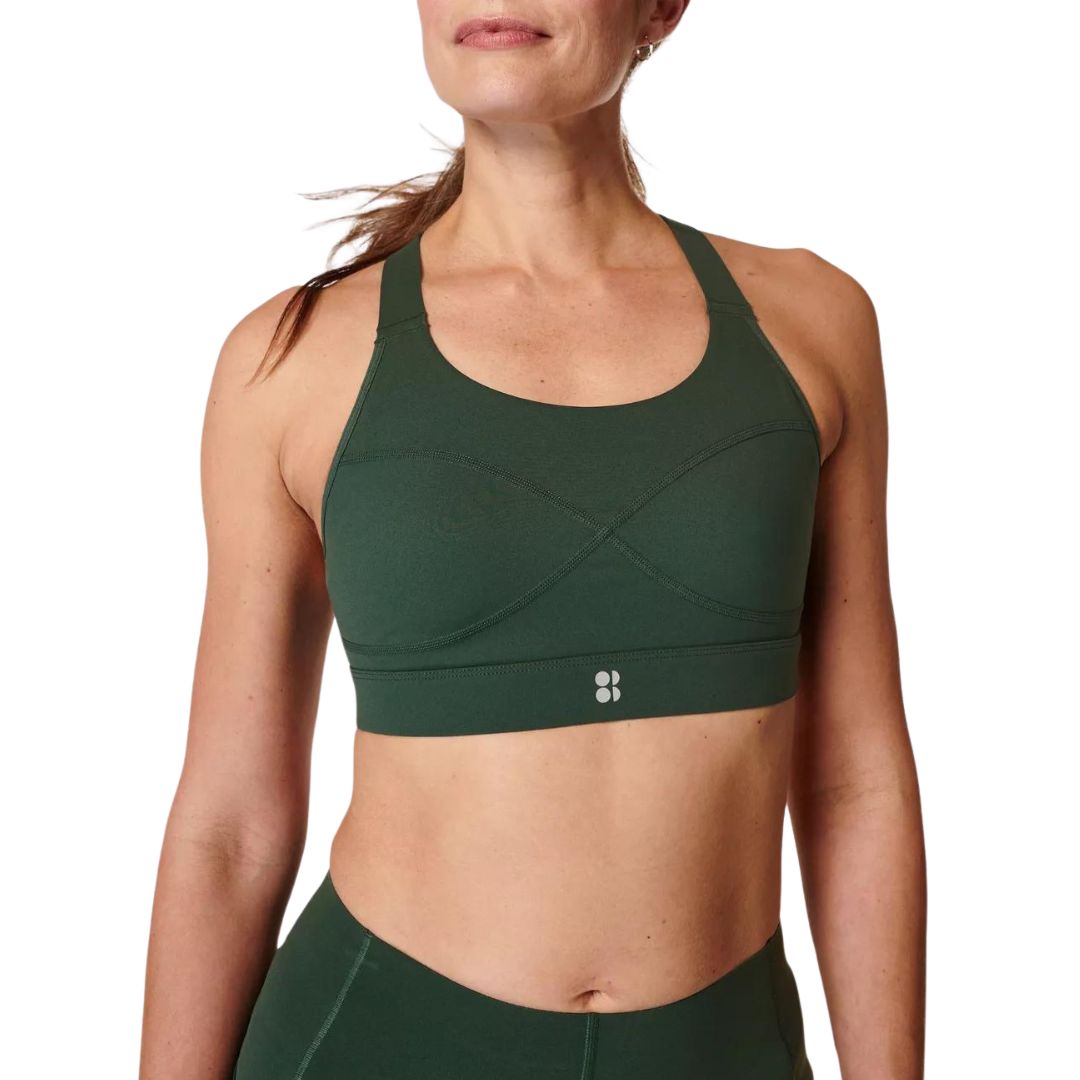
High support and anti-chafe, Sweaty Betty's Power range is their best-selling. We've personally tested and think it's one of the best sports bras for high support.
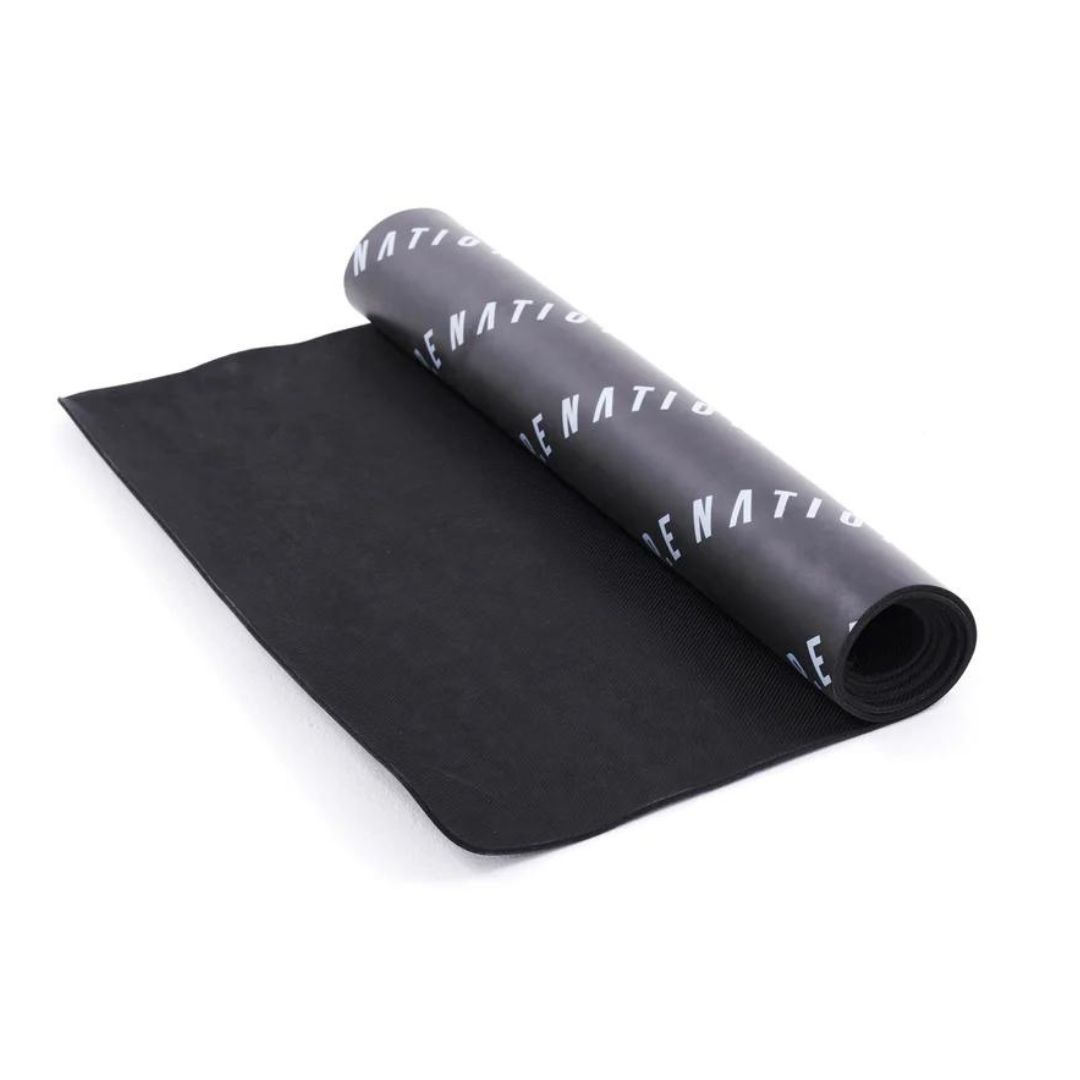
On the hunt for a new yoga or workout mat? This stylish option from PE Nation gets rave reviews, offering plush, thick cushioning and impressive non-slip grip.
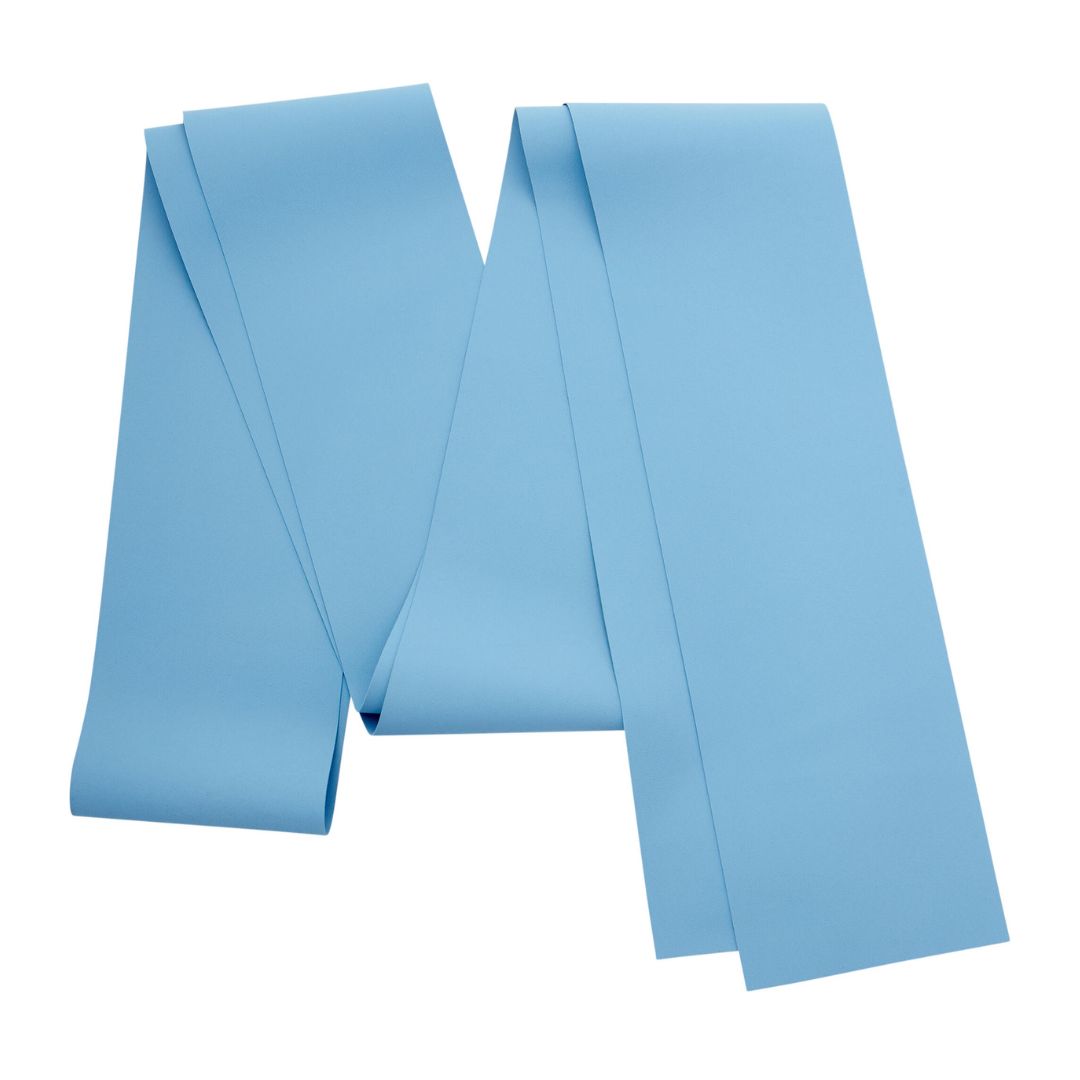
Resistance bands are a great way to up the intensity of your workouts without spiking your cortisol levels. These Amazon bands are budget-friendly and offer next day delivery, too.
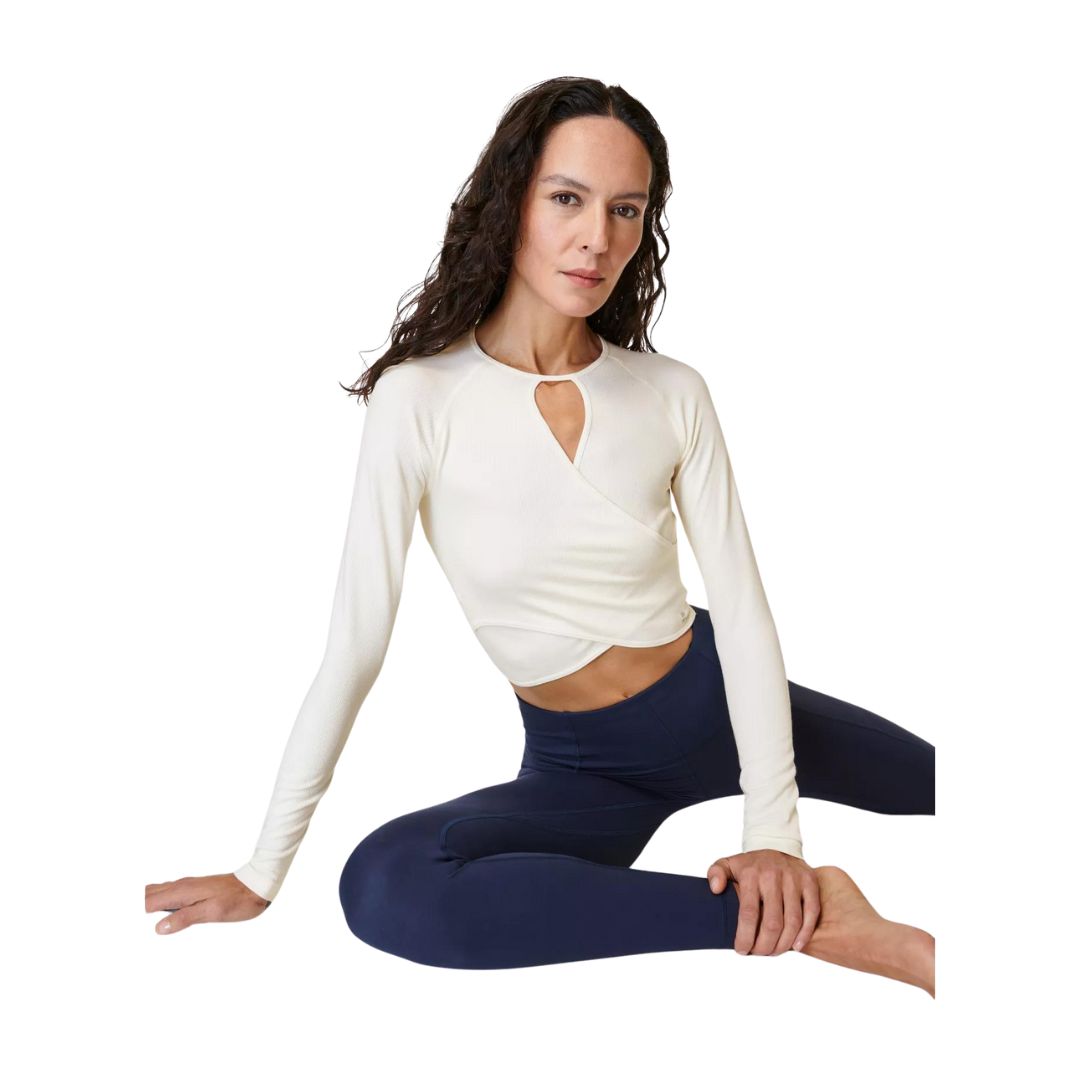
Most workouts that are cortisol-friendly won't be high impact or super sweaty, making this soft crop tank from Sweaty Betty a solid option. Plus, it'll look great for brunch, too...
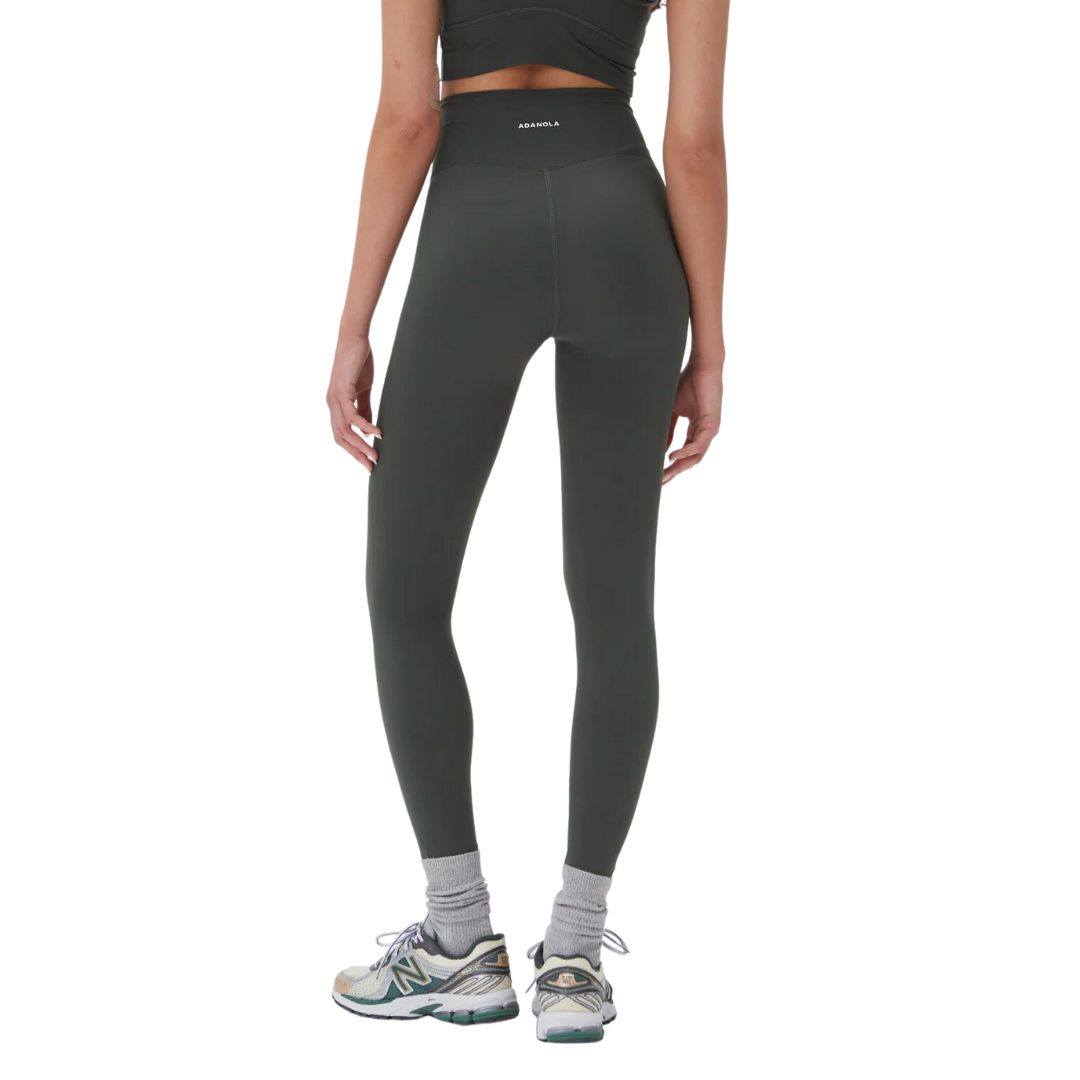
Last but by no means least, Adanola leggings are a firm favourite in the MC UK offices. Supportive, flattering and compressing, not to mention a great price point, they won't cut you in half or roll down mid-workout.
How much walking reduces cortisol?
Just 20 to 30 minutes of walking outside has the ability to significantly lower your stress hormone levels, a 2019 study found.
The eight-week study tasked 36 people living in an urban setting to spend time in an outdoor place that brings them ‘closer to nature’ at least three times a week for 10 minutes or more.
Researchers tracked the amount of cortisol in the participants’ saliva before and after each trip outside and found that 20 to 30 minutes of immersing yourself in nature was the sweet spot.

Rebecca, or Becks, is a freelance journalist with more than ten years of experience in the industry. She specialises in all things health and lifestyle and has written for a number of brands including Women's Health, Stylist, the Evening Standard, Good Housekeeping, The Telegraph, Live Science, Tom's Guide and Fit&Well. Becks also writes copy for a number of brands and small businesses.
When she's not weight training, tracking down the best gym leggings, reading a book or at her desk typing away, you'll find her in the kitchen perfecting a new recipe or bake.
-
 Penn Badgley and Blake Lively kept their breakup a secret from the Gossip Girl cast and crew - here's what we know about their former relationship
Penn Badgley and Blake Lively kept their breakup a secret from the Gossip Girl cast and crew - here's what we know about their former relationshipBy Jenny Proudfoot
-
 Spring has finally sprung - 6 best outdoor workouts that are totally free and boost both body and mind
Spring has finally sprung - 6 best outdoor workouts that are totally free and boost both body and mindSoak in the nature and boost Vitamin D *and* endorphins.
By Anna Bartter
-
 This iconic rose perfume is a compliment magnet—it makes me feel ‘put together’ after just one spritz
This iconic rose perfume is a compliment magnet—it makes me feel ‘put together’ after just one spritzGrown-up and elegant, yet not at all dated.
By Denise Primbet
-
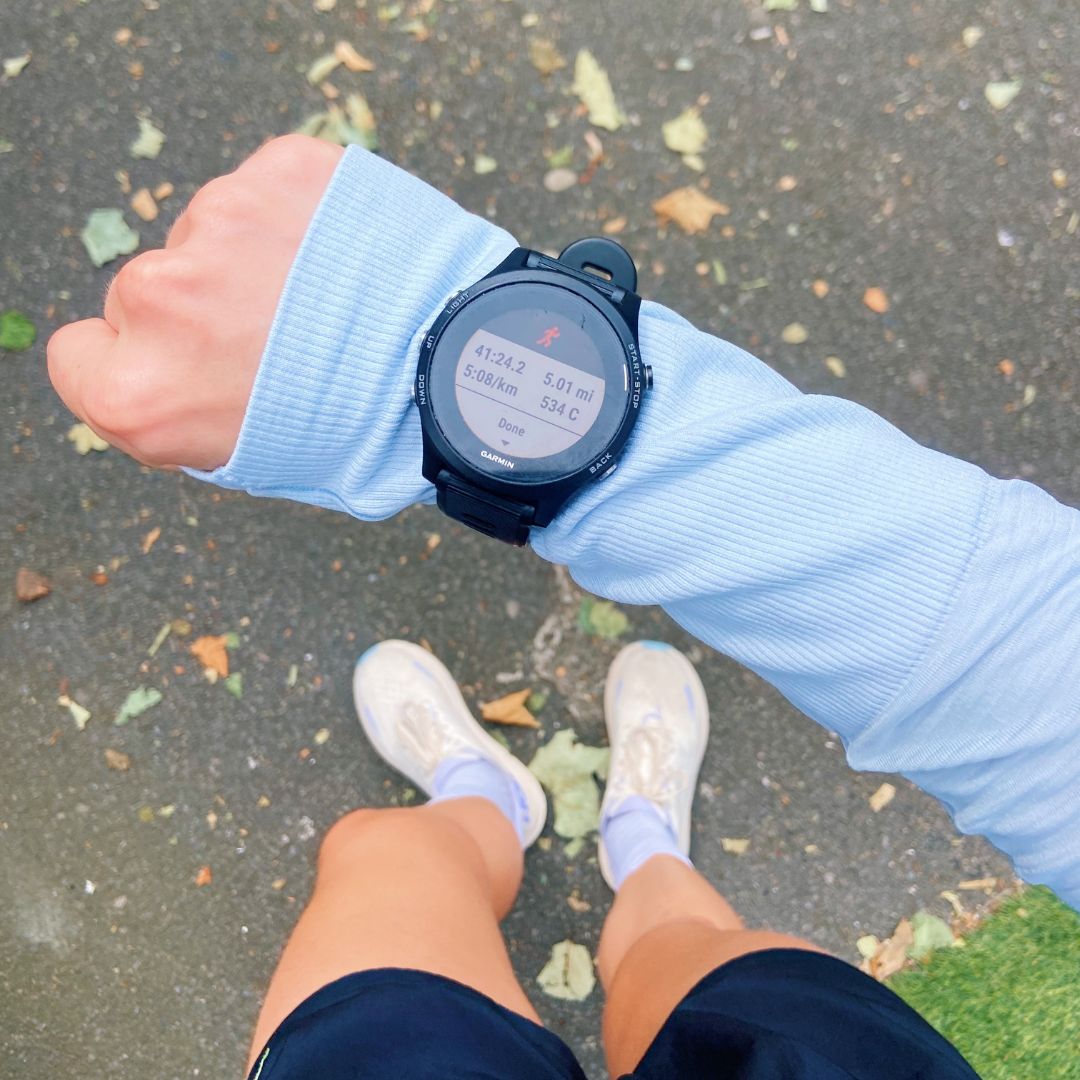 These tricks for building a simple yet effective morning workout routine have drastically improved my fitness
These tricks for building a simple yet effective morning workout routine have drastically improved my fitnessIt doesn't need to be all 5am starts and ten miles for breakfast.
By Ally Head
-
 Shoulder exercises promise to improve both your posture and strength - 5 to add to your next workout
Shoulder exercises promise to improve both your posture and strength - 5 to add to your next workout*Bookmarks for later*
By Chloe Gray
-
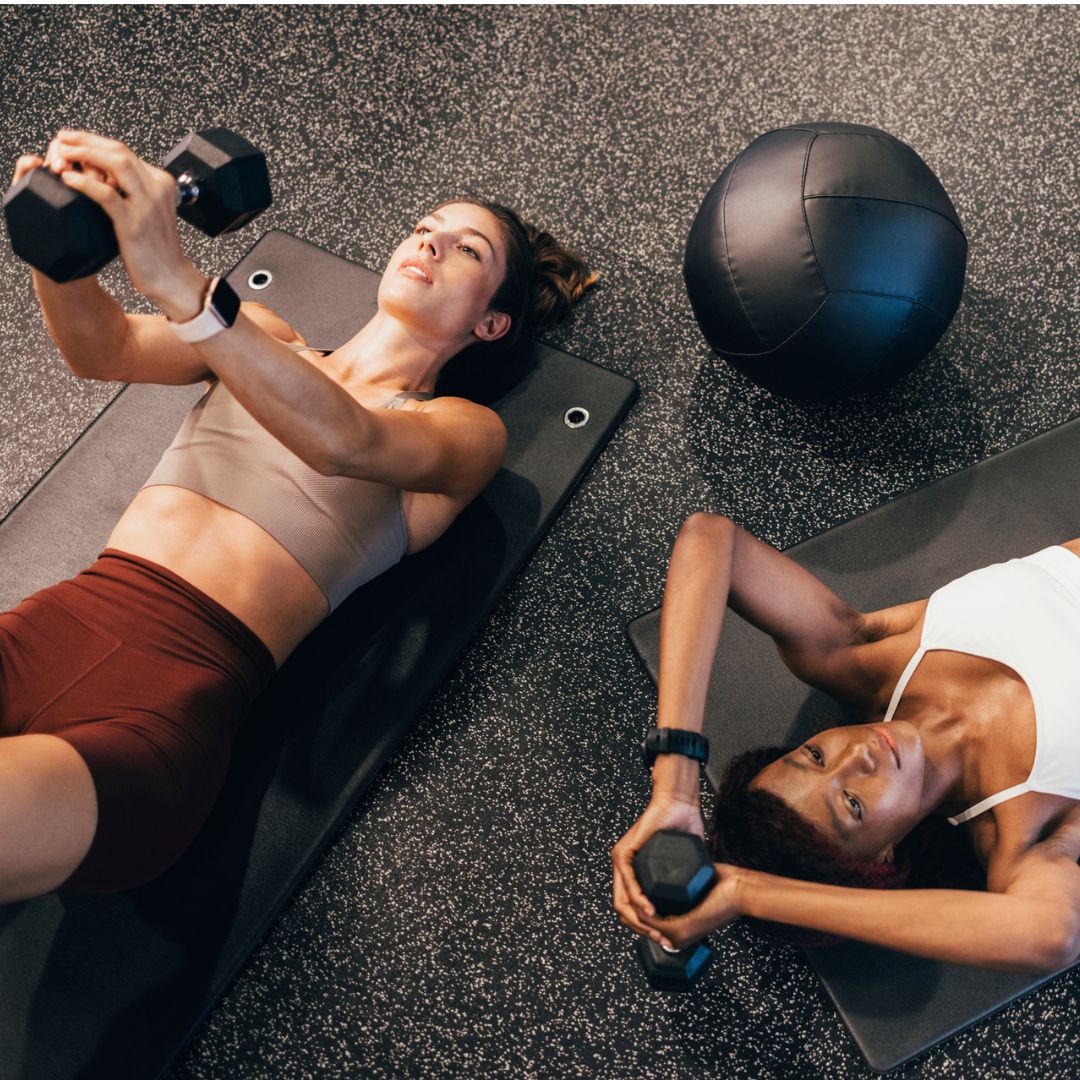 Low impact strength training is one of the most popular workouts of the year – how it promises to boost muscle and metabolism
Low impact strength training is one of the most popular workouts of the year – how it promises to boost muscle and metabolismYour need to knows.
By Abbi Henderson
-
 PSA: you can save up to 70% in the Alo Yoga sale - including the dress of my tenniscore dreams
PSA: you can save up to 70% in the Alo Yoga sale - including the dress of my tenniscore dreamsMCUK's editors rave about this kit
By Valeza Bakolli
-
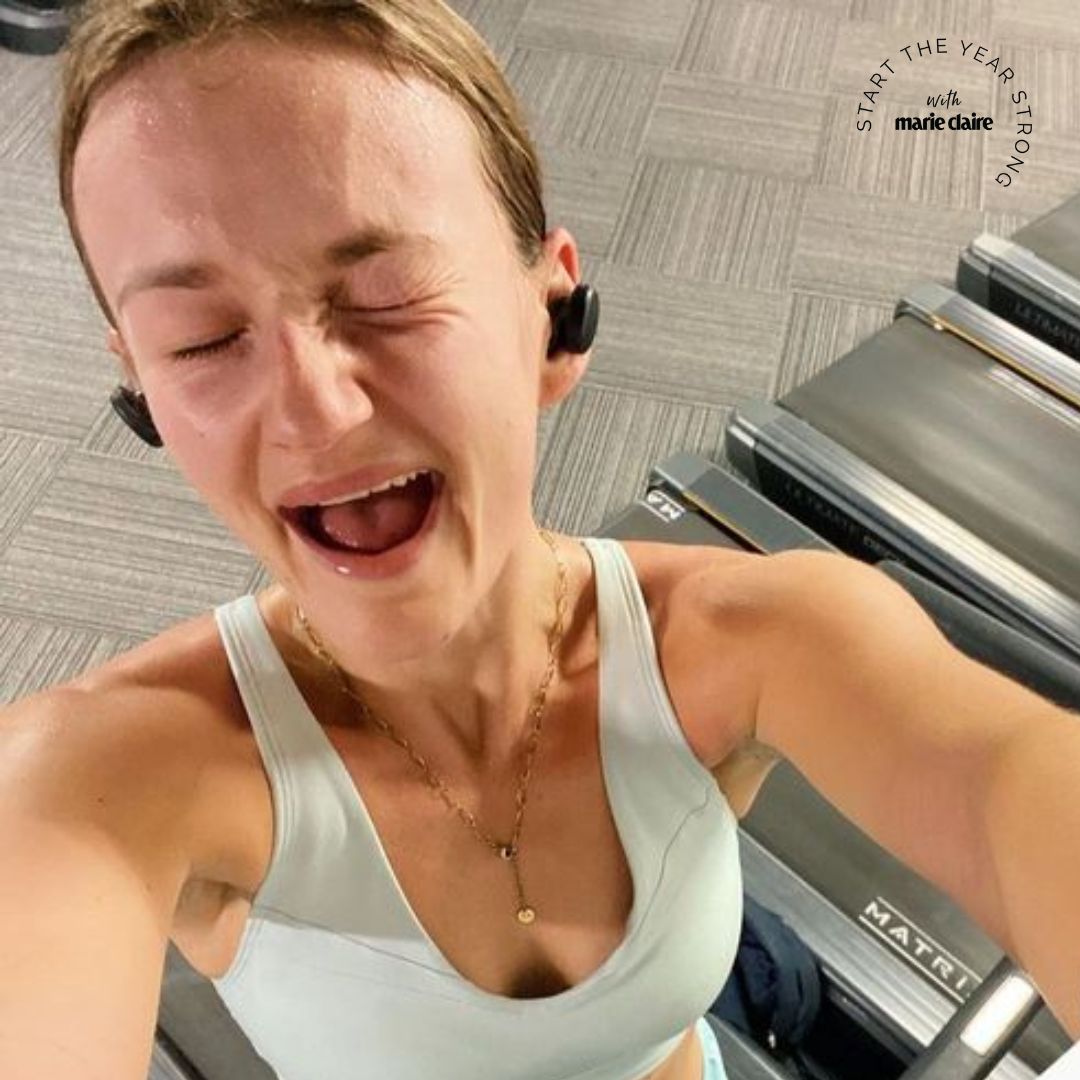 8 best high impact sports bras for running, HIIT and more that Fitness Editors genuinely rate
8 best high impact sports bras for running, HIIT and more that Fitness Editors genuinely rateBecause high-impact exercises require proper support
By Chloe Gray
-
 I'm a Health Editor who's sceptical about nutrition fads. My greens powder review? The viral Tiktok trend blew my mind
I'm a Health Editor who's sceptical about nutrition fads. My greens powder review? The viral Tiktok trend blew my mindHere's why.
By Ally Head
-
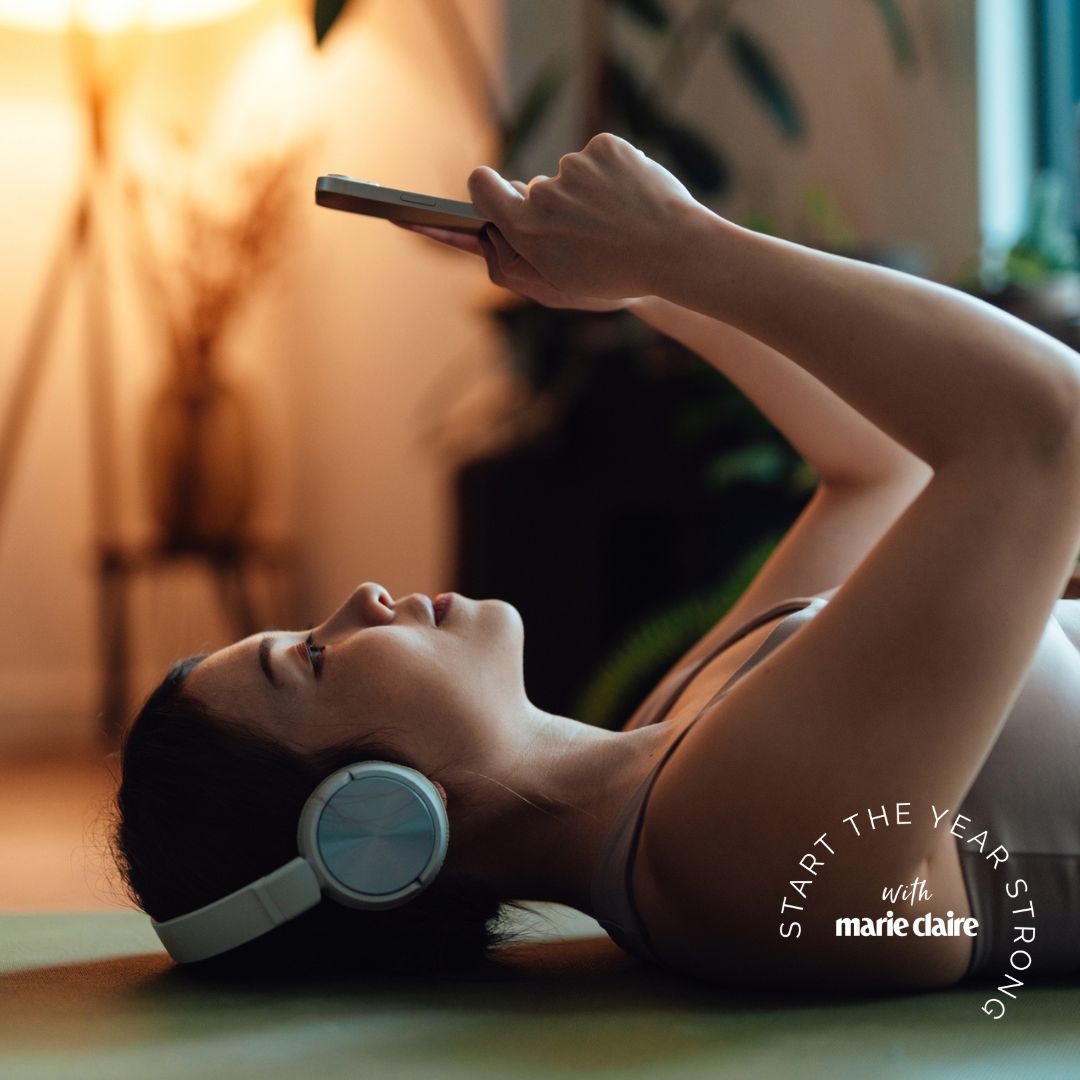 How to do wall Pilates, the workout that's been dubbed the most effective of the year
How to do wall Pilates, the workout that's been dubbed the most effective of the yearGive this one a go tonight.
By Ally Head
-
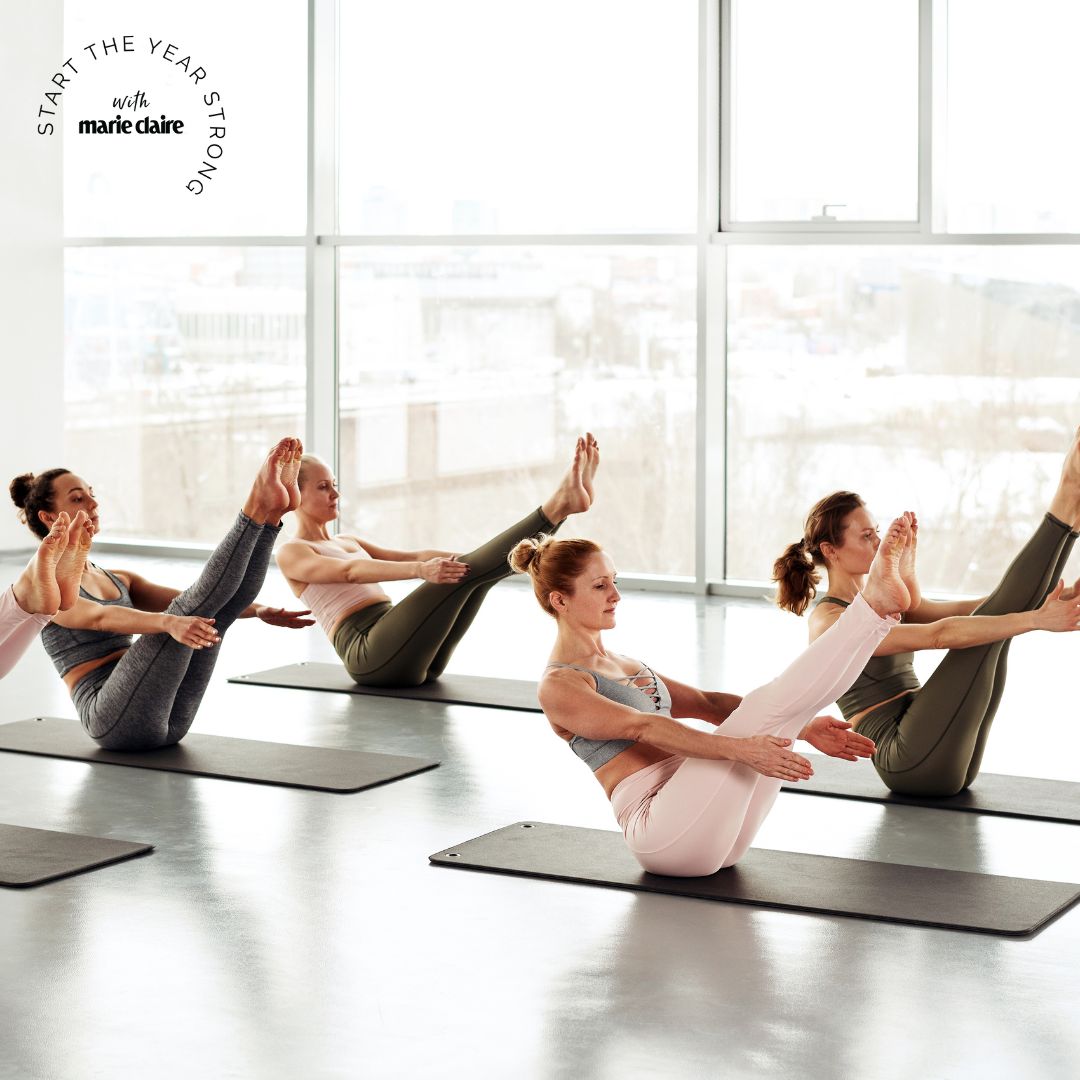 Ever wondered? This is how Pilates promises to change your body, according to top pros
Ever wondered? This is how Pilates promises to change your body, according to top prosLow intensity workouts for the win.
By Abbi Henderson


